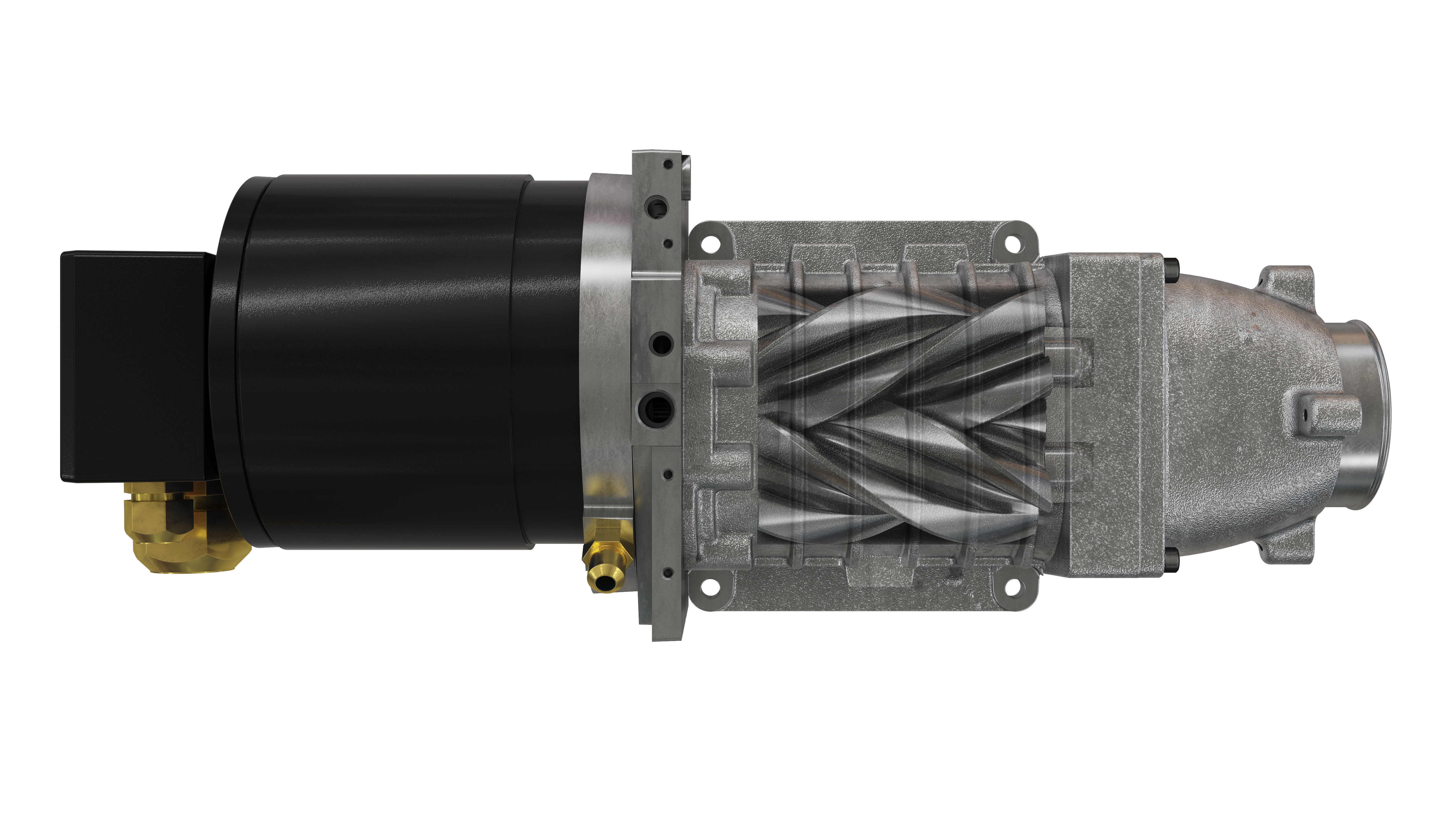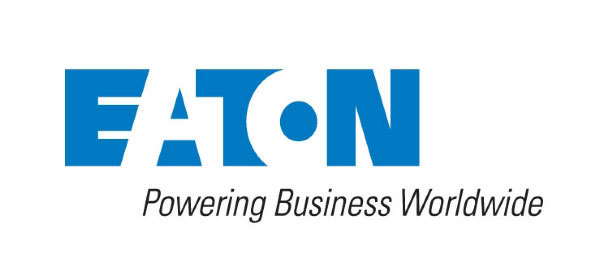Thomas Nellenbach
thomasjnellenbach@eaton.com
(216) 333-2876 (cell)

Eaton’s Vehicle Group Partners With Ballard Fuel Cell Systems and National Renewable Energy Laboratory to Develop Heavy-Duty Truck Fuel Cell Technology
- GALESBURG, Mich. - Thursday, 09. September 2021
- AETOSWire
• TVS technology to provide precise airflow for hydrogen fuel cells • U.S. Department of Energy recognizes Eaton’s technology leadership with research grant • Eaton’s Vehicle Group continues commitment to creating sustainable solutions
(BUSINESS WIRE) -- Power management company Eaton today announced its Vehicle Group has partnered with leading fuel system manufacturer Ballard Fuel Cell Systems, and the Department of Energy’s National Renewable Energy Laboratory (NREL), to develop heavy-duty truck fuel cell technology. The partnership is the result of a grant Eaton’s Vehicle Group received from the U.S. Department of Energy to develop highly efficient hydrogen fuel cells capable of powering heavy-duty machinery.
The new fuel cell technology will leverage Eaton’s Twin Vortices Series (TVS) technology to improve fuel efficiency. This marks another important step in Eaton’s commitment to decarbonizing the transportation sector, building on the company’s more than two decades of investments and solutions that help to mitigate climate change.
“Our TVS supercharger technology provides fuel cell manufacturers with a precise amount of controlled air to increase power and efficiency,” said Karl Sievertsen, vice president and chief technology officer, Eaton’s Vehicle Group. “The efficiency of competitive fuel cells is lower because most hydrogen fuel cells use simple fans for air flow, which produces less pressure and is not controllable.”
Eaton will leverage its Corporate Research Labs in Golden, Colorado and Additive Manufacturing Center of Excellence in Southfield, Michigan to produce the technology, using cutting-edge power electronics and advanced 3D-printing. Eaton’s Vehicle Group will design and test a subscale, proof-of-concept system prototype utilizing its TVS technology that delivers a significant reduction in air system power consumption and fuel cell efficiency for heavy-duty truck applications.
Eaton’s TVS technology is ideal for harsh environments, as it can tolerate water, has operating maps with broad efficiency, and provides accurate air flow control in proportion to speed. These properties enable a water applicator to replace the humidifier to achieve higher operating pressure ratios and isentropic efficiencies.
“The innovation will be demonstrated in a laboratory setting and will become a springboard for U.S. advanced manufacturing capabilities and technology leadership,” Sievertsen added.
Eaton is a global leader in supercharger technology, having produced more than 9 million units over more than 30 years. All Eaton supercharger components are produced in-house utilizing state-of-the-art manufacturing processes and feature a patented rotor coating for improved efficiency. Eaton’s powder coating fills gaps between rotor lobes, tips and faces to mitigate air leakage and creates a near-zero clearance between components, resulting in optimal performance.
“We’re honored to be partnering with Ballard and the NREL to build this new, innovative technology that will address global climate change,” said Sievertsen. “Eaton has a long history of working with our industry counterparts and federal research organizations to create sustainable solutions, reduce our footprint and advance our vision of improving the quality of life and the environment.”
Learn more about Eaton’s 2030 Sustainability Goals.
Eaton’s mission is to improve the quality of life and the environment through the use of power management technologies and services. We provide sustainable solutions that help our customers effectively manage electrical, hydraulic, and mechanical power – more safely, more efficiently, and more reliably. Eaton’s 2020 revenues were $17.9 billion, and we sell products to customers in more than 175 countries. We have approximately 85,000 employees. For more information, visit www.eaton.com.
This press release features multimedia. View the full release here: https://www.businesswire.com/news/home/20210908005019/en/
